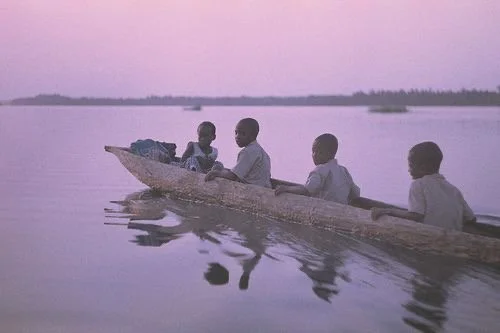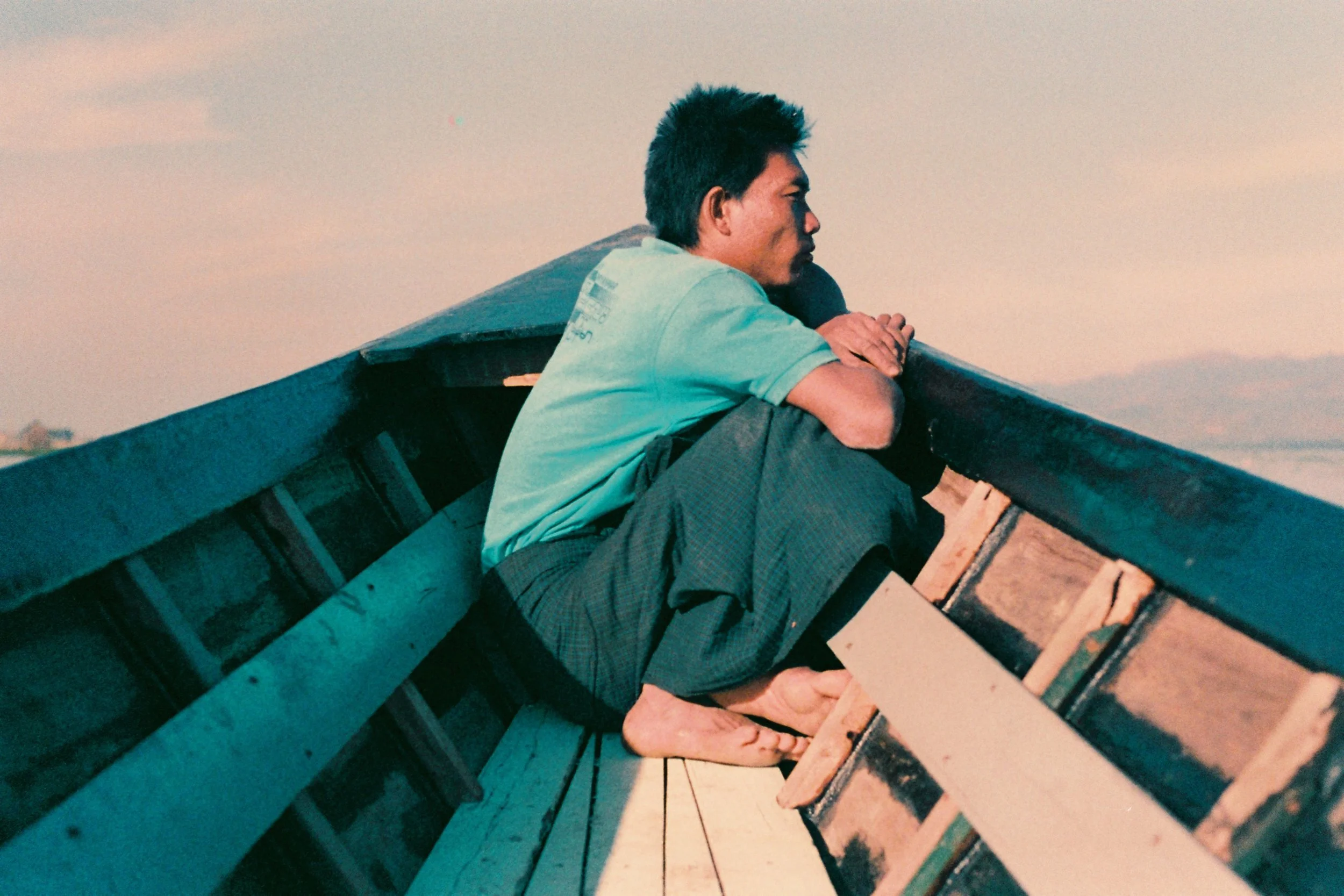Mobile money in Senegal illustrates leapfrogging’s promise and limits. Freed from legacy systems, platforms like Wave and Orange Money expand inclusion via agent networks, enabling payments, remittances, and microcredit. Yet adoption creates uneven access, relies on imported phones, foreign telecoms, and offshore data centers, embedding dependency and potential digital colonialism. Evidence shows income and resilience gains, but long‑term development hinges on control of infrastructure, data sovereignty, and local capability building. Without structural transformation and supportive international conditions, reliance on external capital and technology can deepen vulnerabilities. Foresight and governance should steer innovation toward resilience, equity, and agency, not extraction alone.
The breaking point
In a world facing "polycrisis"—overlapping, prolonged crises—the real challenge isn't just the shocks themselves, but our collective inability to perceive and respond to them effectively. These crises, whether economic or environmental, build up slowly and unnoticed until they reach a breaking point. As John Maynard Keynes observed, the public often overreacts with "excessive fears" to events they previously ignored, showing a lack of "reasonable anxiety" when it was needed. Economist Gabriel Palma described a three-phase cycle: a period of "lack-of-awareness" where problems grow, followed by a moment of "awareness" and panic, which ultimately gives way to a "new form of lack-of-awareness" where the initial fear fades and the underlying issues are forgotten again. This cycle of denial and reaction makes it difficult for societies to address the root causes, leading to flawed, reactive policies instead of lasting structural repairs.







